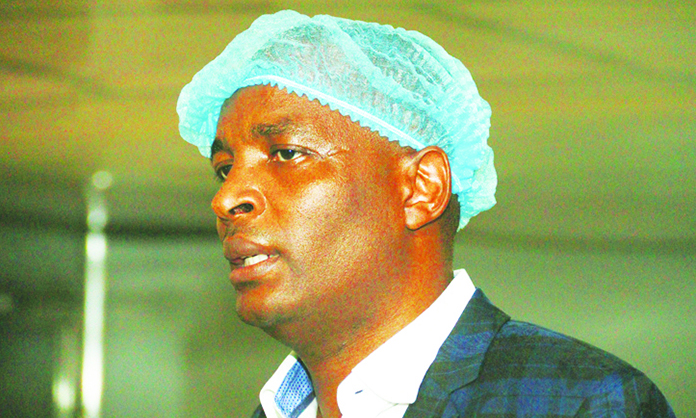An attempt to challenge a decision of the Central Procurement Board of Namibia (CPBN) on the supply of antiretroviral medication to the Ministry of Health and Social Services has failed in the Windhoek High Court.
This is after acting judge Kobus Miller found, in a judgement delivered yesterday, that the company Africure Pharmaceuticals Namibia approached the High Court with an urgent application that was based on what he termed “self-created urgency”.
Miller struck Africure’s application off the court roll, and ordered the company to pay the legal costs of the CPBN, the ministers of health and social services and of finance and public enterprises, and the company Windhoek Medical Solutions, which was a competitor of Africure in the tender process to choose suppliers for antiretroviral medication (ARVs) needed by the health ministry.
Miller’s ruling marks the second time this month that an urgent application by Africure about the tender for the supply of ARVs to the health ministry has ended up being struck off the court roll in the High Court.
Africure asked the court to issue an urgent interdict stopping the CPBN and the minister of health and social services from going ahead with the implementation of procurement contracts with the successful bidders in a tender for the supply of ARVs to the health ministry.
Africure wanted the interdict to be in effect while it proceeds to ask the court to review and set aside the CPBN’s selection of successful bidders in respect of the tender.
The company also wanted the court to declare that the CPBN is obliged to apply a directive from the minister of finance in December 2020 for suppliers based and operating in Namibia to be given preference for the procurement of goods.
In his judgement, Miller found that Africure took part in the tender process while it was clear from tender documents that the finance minister’s directive for preference to be given to suppliers based and operating in Namibia would not be applied for the tender. The company “opted to hedge its bets, so to speak”, and allowed the tender process to run its course, before it approached the court when it was dissatisfied with the CPBN’s tender award, Miller said.
That meant the urgency of Africure’s court application was self-created, he concluded.
In an affidavit filed at the court, Africure shareholder and board of directors chairperson Shapwa Kanyama alleged that the CPBN failed to consider the fact that his company is registered as a manufacturer of ARVs and is currently supplying such products to the health ministry.
In the tender at the centre of Africure’s court challenge, the company offered to supply 19 types of ARV medication to the health ministry over a 12-month period at a total cost of N$342,7 million, inclusive of value-added tax.
The CPBN chose Africure as successful bidder for the supply of only two of the types of medication at a total cost of about N$723 000.
Windhoek Medical Solutions was selected to supply five types of ARV medication at a total cost of N$219,3 million.
Africure is not a registered local manufacturer of ARVs and is not licensed to manufacture, pack and sell the medication that formed the subject of the tender in question, and as a result it could not benefit from a directive to prefer local manufacturers for the supply of pharmaceutical products, CPBN chairperson Amon Ngavetene said in an affidavit also filed at the court.
In its tender bid, Africure said the ARVs it offered to supply to the health ministry would be procured from an Indian manufacturer, Mylan Laboratories, Ngavetene stated as well.
Stay informed with The Namibian – your source for credible journalism. Get in-depth reporting and opinions for
only N$85 a month. Invest in journalism, invest in democracy –
Subscribe Now!










